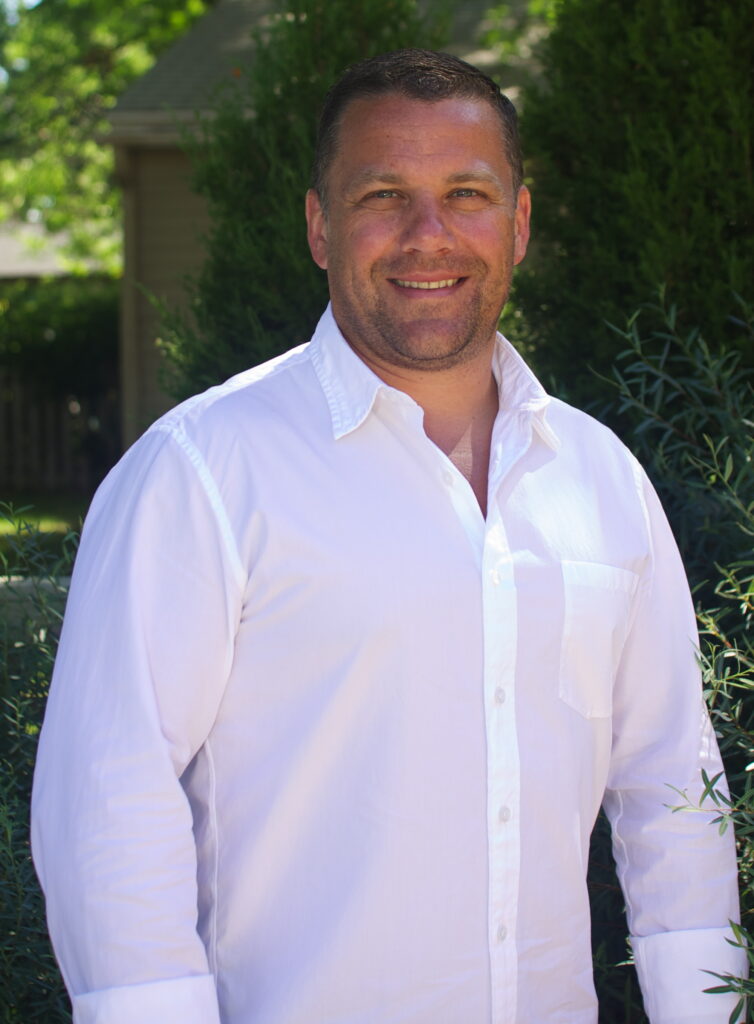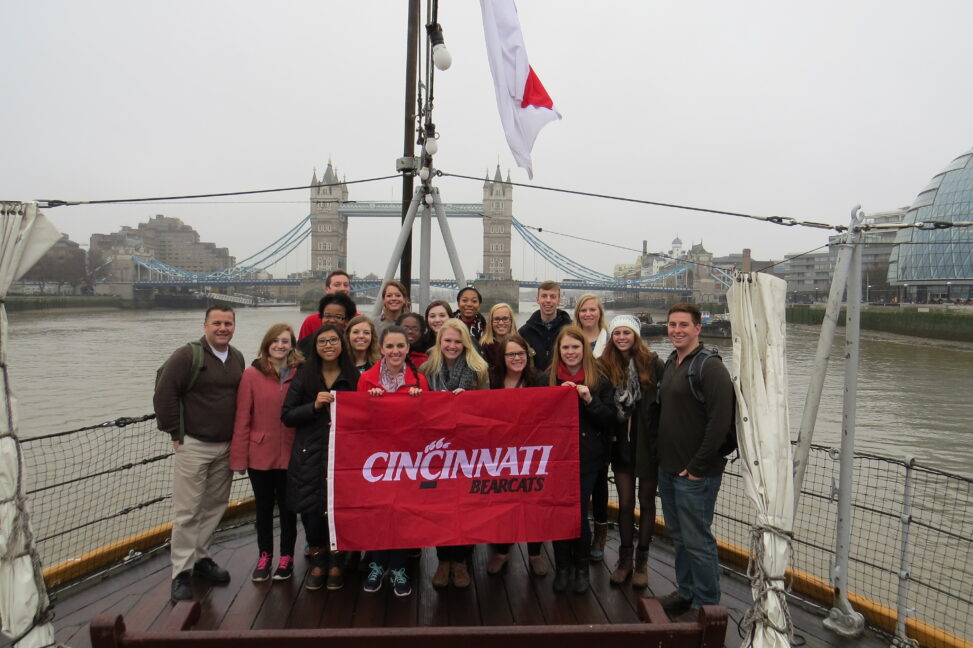
Jeffrey Zalar
Associate Professor; Ruth J. & Robert A. Conway Endowed Chair of Catholic Studies; Affiliate Faculty Member, Department of Judaic Studies; Supporting Faculty Member, Ph.D. in Modern Jewish History & Culture, University of Cincinnati/Hebrew Union College-Jewish Institute of Religion.
Here’s a transcript of this featured interview from Isaac Campos’s History on Drugs podcast series:
Isaac Campos:
So maybe the last thing I wanted you to give me is your famous discourse on why our students should be studying history.
Jeff Zalar:
Well, I think, to put it most simply, the studies in the humanities — and history is right at the center of this, of course— the study in the humanities offers a far richer development of mind than I think most people realize. Of course, there’s a lot of transference of disciplinary knowledge, and there has to be. If you take a course in history or whatever subject and if, by the end of the course, you don’t know a lot about that subject, the teacher has really failed you. I mean, at the very least, we have to accomplish that primary aim.
But there are all kinds of other learning that takes place; all kinds of other intellectual formation and even ethical formation that takes place in and through the exercises that pertain to historical inquiry and the academic production characteristic of historical studies. And that kind of development, I think, falls into two categories.
One of these is cognitive refinement. What I’m talking about primarily here is the development of our intellectual faculties, our core intellectual faculties, and the excellences of mind that characterize a thriving adult intellectual personality. That goes beyond, and I think it’s deeper than disciplinary knowledge. We’re talking about articulation and rhetorical precision and sophistication, higher-order reading comprehension, the skills of logical inference, and the coherence of argumentative display. These are the attributes characteristic of all well-educated individuals.
We practice these excellences of mind, if you will, all the time in everything that we do as historians as well as history students. That kind of refinement is absolutely essential, and it’s absolutely essential for university-educated individuals because they’re not going to remember the details of the Napoleonic Wars. How much do I remember from the courses that I took as an undergraduate? I’m a historian, so there’s more in there, perhaps, than would be in the brain of someone else. But by and large, you know, these ideas show up, and they play their part in our intellectual development, and then they recede. This is characteristic of learning across the board. But what does remain, I would contend, is this kind of lasting Improvement of the intellectual self at our basic cognitive levels, and this should be a kind of education that undergraduates should want because they’re not going to remember everything they learn in that English or history or philosophy class. But they will become more adept writers. They will become more confident in public disputation.
I mean, think about the classical Excellence of disputatio — the idea that learning is not autarchic, but is, in fact, a social experience best undertaken in community with others in which the exchange of views is right at the center and that requires individuals to not only have the courage to share their views but also have the humility necessary to recognize that they might be wrong; that there might be someone in their midst who has a better expression of the truth of matters to which they need to bend. That excellence of disputation, which we practice in historical instruction all the time, is a very desirable characteristic among any professionally trained individual in whatever field of endeavor, especially, perhaps, in our times with a growing emphasis on teamwork and even global interaction in business and in government work and all walks of professional life.
So, individuals enrolled in our classes are going to practice the cognitive excellences characteristic of this kind of disputation. Of course, it’s easy to address any one of these other areas whether it’s reading or writing or the organization of facts, the command of facts, the delivery of facts. History is a fact-based discipline.
The second category of excellence that I’m talking about here is ethical. There’s nothing we do, Isaac, you and I alone — as professors, as researchers… There’s nothing that we do as educators, there’s nothing our students will do under our supervision, whose success does not depend upon the practice of virtue or vice. I say this with a great deal of conviction because I think it’s absolutely true when you think about the importance of honesty in managing primary sources. I mean, how many times… I don’t know what you’re prepared to disclose Isaac, but I’m going to put all my cards on the table… Not infrequently when I was a graduate student, especially doing doctoral research, I was challenged by a source I didn’t expect, and I wanted to wish it away. I wanted to pretend like I never saw it because it made me change my thesis and I didn’t want to change it. I didn’t want that level of complexity because to try to integrate that new source was an intellectual challenge that was really difficult, and I’d rather pretend I didn’t see it. But you can’t pretend you don’t see it; you have to be honest.
Campos:
You have to respect the sources.
Zalar:
Yes, you have to have that kind of integrity as a professional or budding professional in this case: a sense of responsibility to the field to the community of scholars which is international in scope to admit the existence of that source and to try to integrate it into the sweep of your argument. The only way to confront that challenge successfully is to mobilize honesty and integrity, which are ethical excellences. It would be very easy to talk about any academic act in this kind of way.
So, as historians, we assign a lot of texts. Well, there’s no way anyone can learn anything from a text unless the reader is prepared to accord the author a presumption of wisdom. Maybe this person has something to say that I need to hear. Otherwise, why would you even pick up a text? And so that is a function of the master academic virtue of humility. Or when it comes to grading (we talked about grading before) about how important honesty is. But just as important is a virtue like charity. So, I tell my students, for example, “As I understand charity as a professor, I think I should put the best possible spin on your writing, rather than the worst.” Then I ask them: “Would you like me to mobilize charity when I …?” I’ve never had a student who said no.
So, all of these ethical concerns I think are valid concurrently with the cognitive dimensions of historical instruction as well as the raw delivery of historical information transferred through knowledge to suggest to students that in studying history, they have an opportunity for a fully orbed intellectual experience that will endow them with the lasting, I think, attributes of a well-ordered and ethically centered mind. I don’t know anyone who wouldn’t want that in our young professionals.
So the education in history — this is what I want to say to my students and all the people I talk to about this– the instruction that we’re able to provide in the discipline if it’s done well, ought to produce the kind of young leader, the kind of young thinker, who is capable not merely of mastering knowledge in a particular area of endeavor, but is capable of using that knowledge in a way that is aligned with the deepest excellences of the thinking self. And is capable at the same time of a kind of ethical insistence in their work that ought to lead to professional success. And then to the broader social, political, and cultural success that we so desperately need in the world we live in.
So, if I get excited about education, if I’m passionate about education — and I am – this is the wellspring of it; this is where it comes from because all of a sudden, what’s at stake in education rises dramatically. The demands on good teaching rises dramatically. At the same time, the expectations that students ought to place on themselves rises dramatically. As a result of the approach, I’ll tell you, I’ve gotten far better buy-in from students; they say, “okay there’s a lot at
stake in this.”
This is where I come from as a teacher, and it is the result of 20 years of work, reflection, mistakes, and refinement.
Campos:
It’s so smart, it’s so inspiring.
Zalar:
Well, I wish more people would think about these things because they’re not difficult to understand. The challenge is to integrate them into your teaching personality and then share them with your students. Professors, in particular, are nervous about ethics and I think there’s a good justification to be nervous about teaching ethics because I myself am not an ethical paragon. I’m not claiming that. What I am claiming is that I’m an incomplete individual in need of moral improvement, and the practice of ethics in my professional life is not going to hurt. So, the idea here is to engage with students together in this process of becoming better than we are; in realizing the full nobility of an educated self. That’s worth living for, that’s worth working for.
Campos:
Right on, that’s really really great.
To hear the rest of this interview and other great conversations about history or drugs or both, check out the History on Drugs podcast wherever you get your podcast:
YouTube: https://tinyurl.com/yc7nu4py
Apple podcasts: https://tinyurl.com/3nf22tz4
Spotify: https://tinyurl.com/yc4wxbpu
Pocketcasts: https://tinyurl.com/d3skwndf
Substack: https://tinyurl.com/2s38ekj5
